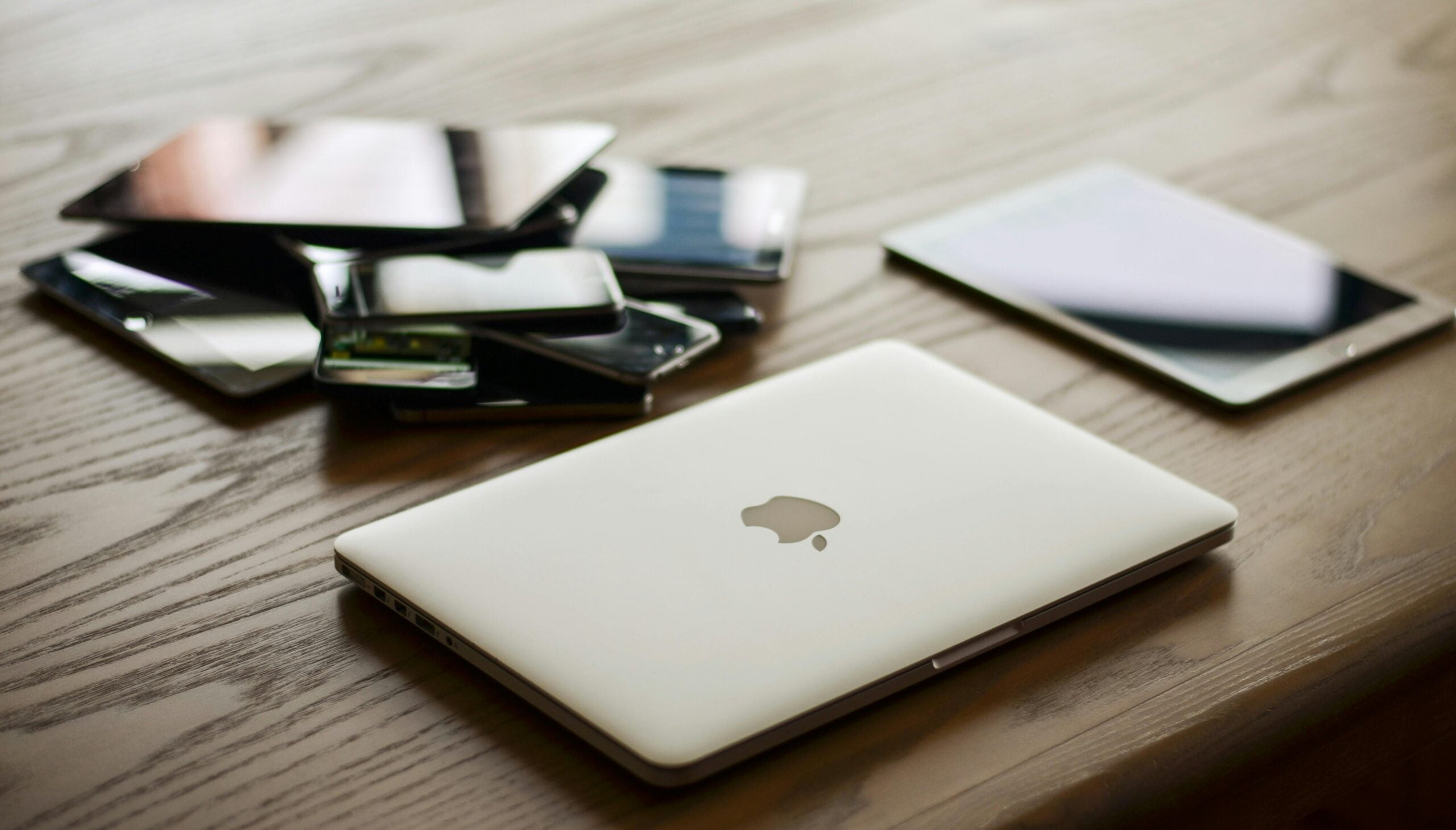Tech Upgrade Budget Save

Modern computers are not only powerful but also affordable. They’re embedded in everyday appliances, making clothes dryers and rice cookers “smart.” Computers allow us to ask and answer questions that were previously impossible. Whether analyzing DNA sequences, consumer market patterns, or word usage in databases, computers have become indispensable.
Historical Milestones
1. Alan Turing and the Turing Machine:
Alan Turing’s theoretical concept of a universal machine laid the foundation for modern computers. His work during World War II on code-breaking machines was pivotal.
2. The First Electronic Computers:
– ENIAC (Electronic Numerical Integrator and Computer):
Built in the 1940s, ENIAC was the world’s first general-purpose electronic computer.
– UNIVAC I (Universal Automatic Computer I):
The first commercially produced computer, UNIVAC I, made its debut in 1951.
3. The Personal Computer Revolution:
– Apple II: Introduced in 1977, the Apple II popularized personal computing.
– IBM PC: IBM’s PC, launched in 1981, set the standard for compatibility and software development.
4. The Internet and Beyond:
– The advent of the internet connected computers globally, transforming communication, commerce, and social interactions.
Today’s Landscape
1. Desktop Computers: Traditional tower or all-in-one systems used for various tasks.
2. Laptops and Notebooks: Portable computers for work, entertainment, and browsing.
3. Tablets: Bridging the gap between smartphones and laptops, tablets offer touch-screen convenience.
4. Smartphones: Pocket-sized computers with extensive capabilities.
5. Supercomputers: High-performance machines used for scientific simulations and data analysis.
The Future Awaits As technology advances, quantum computers, artificial intelligence, and edge computing promise exciting possibilities. The journey from early mechanical calculators to today’s interconnected digital world has been remarkable. Computers continue to shape our lives, and their impact will only grow.




